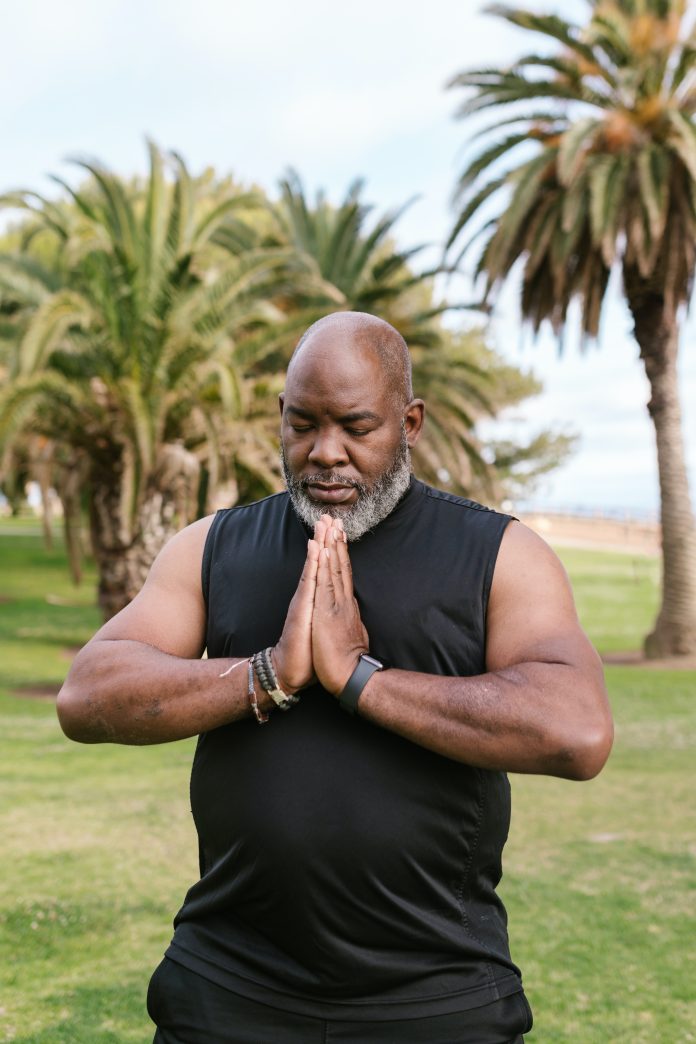
By Dr. Denise Hooks-Anderson,
January is Mental Health Month, and at the beginning of the year most people spend a lot of time making resolutions regarding their physical health.
“I’m going to exercise more. I’m going to eat less sugar. I’m going to eat more fruits and veggies.” All these goals are important and needed for most people. However, I want to encourage everyone to also prioritize their mental health.
The recent death of the former Ellen Show Co-Host, Twitch, impressed upon me the hidden terrors of mental illness. Twitch brought so much joy and laughter to thousands of people, yet he was hurting on the inside. How many of us are also wearing masks that hide our true pain?
Let’s be honest. These last two years have been extremely challenging. Our way of life has changed. At times, it just seemed like we transitioned from one catastrophe to the next. The pandemic. Social unrest. The economy. The attack on the US Capital. The war in Ukraine. The election. These were just a sampling of the issues. We have not even touched upon the personal struggles which stress most American households such as finances, interpersonal relationships, and the lack of a work-life balance. Unless you are a robot, you are not immune to these situations.
As we enter 2023, I want to share a few tips to help us be mindful of mental wellness and to recognize when we or our loved ones need help.
Tip #1
Go to bed. Not only is the amount of sleep obtained important but also the quality of the sleep. For instance, if you slept for 9 hours but still felt sluggish the next morning, the quality of your sleep was suboptimal. Lack of sleep increases your risk of diabetes, high blood pressure, obesity, and poor mental health. Just one night of poor sleep can cause you to experience a bad mood the next day, have less focus, and increase your likelihood to be involved in a motor vehicle crash. The American Academy of Sleep Medicine recommends that adults get 7 or more hours of sleep per night.
Tip #2
Try yoga. Per the National Institute of Health, yoga supports mindfulness, stress management, mental health, and quality sleep. Yoga may improve your energy level and boost your mood. Yoga may also lessen negative feelings over time. If you are like me, yoga was not a form of exercise that I associated with people of color. Truthfully, I thought yoga was just for skinny white women. Nevertheless, I have expanded my repertoire of exercises and have incorporated yoga into my routine which has resulted in improved flexibility and more restful sleep.
Tip #3
Just walk. I cannot say enough about walking, particularly walking outside. Walking allows our brains to take a break from the clutter inside our heads. Walking lessens anxiety and improves depression. It is a scientific fact that sunlight can improve our moods. For instance, some people suffer from a condition called seasonal affective disorder which is characterized by depression around the same time each year. The treatment for this disorder is phototherapy.
Prioritizing mental health takes intentionality. It also takes a collective effort from families, communities, houses of worship, and local governments.
Don’t wait until your friend or spouse has a crisis. Let’s develop a habit of routinely checking in with one another. Getting rest, doing yoga, and walking are wonderful ways to maintain and improve mental health but sometimes that alone is not enough. Let’s also normalize seeking professional help when needed.
If you are thinking about suicide or worried about a friend or loved one harming themselves, please dial 988 to be connected to the National Suicide Prevention Lifeline.
This post was originally published on St. Louis American


